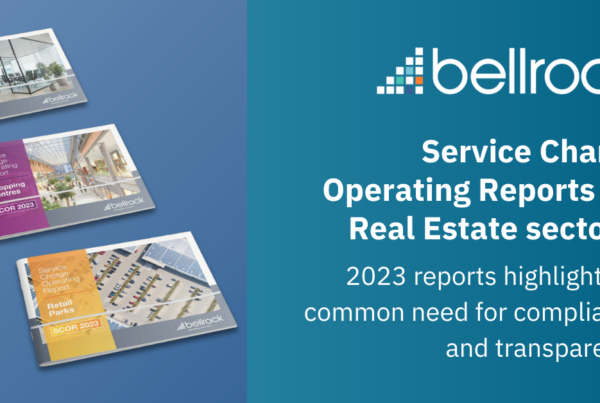The scope of facilities management is evolving all the time as new priorities emerge and new solutions are made available. As a general description, facilities managers are responsible for creating a safe and comfortable work environment that enables an organisation to deliver its objectives.
There are many different elements that come under the facilities management umbrella, including health and safety, workspace management, building and grounds maintenance, and contract management.
The role of a facilities manager will vary depending on the industry and the organisation’s business objectives and they will be required to manage the budget as efficiently as possible while ensuring compliance with regulations.
Tasks that facilities managers oversee can include soft services such as security, window cleaning, and catering, which are services that improve the working environment, or hard services related directly to the building, such as heating and plumbing.
There are also newly emerging objectives such as sustainability targets that are included in the remit of facilities management, where facilities managers are tasked with operating and maintaining buildings in the most energy-efficient ways possible.
What’s the difference between facilities and property managers?
The term property manager can often be confused with meaning the same as facilities manager but again, there is a distinct difference between the two terms. While many of the responsibilities under each role overlap to an extent, property managers will usually work as a liaison between the building owner and tenants.
Under their responsibilities, property managers have more focus on managing the tenancy on behalf of the building owner, undertaking tasks that support the terms of the lease, usually including handling rent payments from tenants.
A facilities manager’s role is a lot broader, overseeing the management of all the building assets and equipment, as well as managing how space is optimised within the building.
Skills required for a career in facilities management
Facilities managers require a long set of different skills, from project management to communication and problem-solving. A facilities manager should be customer-focused, prioritising the needs of building users, while balancing the objectives of the building owners.
It is also becoming increasingly important that facilities managers have a strong knowledge of technology solutions, as facilities management systems play an integral role in how efficiently a building is managed.
For less tech-savvy facilities managers, intuitive software that is easy to use can be implemented but an understanding of the digital tools and features available to improve facilities management processes will enable them to perform their role to a higher level and achieve better results.
While the demand for facility managers continues to grow, we’re able to identify the appealing nature of the challenging role and why so many are opting for a career in this industry. As with the growth, facilities manager vacancies will continue to grow and will pave the way for new facilities managers to get involved and shape the future of the work that we do. For individuals who want a sustainable, well-paying career, facilities management is a desirable one. With 21,200 (6% sector growth) more jobs expected in the coming decade, individuals excited by the prospect of managing facilities will find themselves with plenty of opportunities to settle in and grow.
Facilities management is a challenging profession that has always required analytical minds. But with data now at our fingertips, it’s becoming easier than ever to solve problems and meet demands in new ways–and those who love puzzles will be excited by this line of work.
Bellrock works closely with facilities managers on all levels of experience, from the newly appointed to seasoned professionals. Our estate management software solutions and industry expertise help facilities managers deliver an estate strategy that meets business targets and improves compliance.
If you would like to find out more about how Bellrock can help drive improvements to your facilities and estate strategy, contact us to speak to one of our experts.






